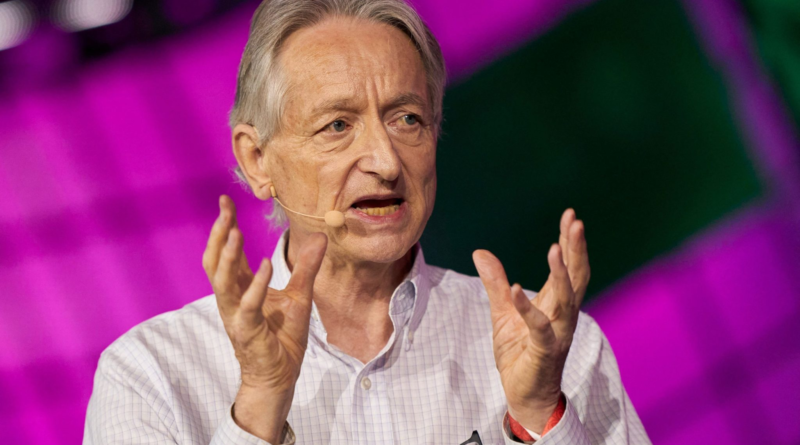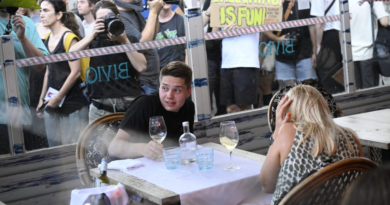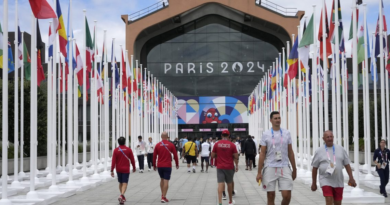AI pioneers Geoffrey Hinton and John Hopfield win Nobel Prize for Physics
For the first time, a Nobel Prize has been awarded to pioneers in the field of artificial intelligence.
Geoffrey Hinton and John Hopfield were on Tuesday granted the honor of becoming Nobel laureates in physics, for their work on artificial neural networks over the last four decades. They will share the award of 11 million Swedish kronor ($1.06 million) that comes with the prize.
Hinton, 76, is by far the better-known of the two. Sometimes referred to as one of the “godfathers of AI” —along with Yoshua Bengio and Yann LeCun—Hinton dramatically quit Google last year, publicly warning of the near- and long-term risks of the technology he had helped to create. He said he regretted his life’s work, as AI is too easily misused; he believes it could increase inequality and perhaps even end up subjugating humanity.
Now he’s won the ultimate accolade for that work—one that is even more prestigious than the Turing Award that Hinton, Bengio, and LeCun shared in 2019.
Neither Hopfield nor Hinton were the first people to develop artificial neural networks or suggest that they might be a way to develop artificial intelligence.
But Hopfield, 91, helped lay the foundations for today’s AI with a 1982 paper describing a brain-inspired network that could store and recall patterns, with the ability to find the closest match to even partial inputs.
A few years later, Hinton and two other researchers (David Ackley and Terry Sejnowski) used the Hopfield network as the basis for their invention of the so-called Boltzmann machine—another network model architecture that can classify images and iterate on its training material, though the Boltzmann machine proved to be nowhere near as scalable as today’s machine-learning systems.
Hinton is perhaps better known today, however, for his work, along with David Rumelhart and Ronald Williams, on “gradient descent,” which is a method that allows large, multilayer neural networks to learn efficiently.
There is no Nobel prize category that clearly maps to the burgeoning AI sector—or indeed to computer science at all.
Some have previously suggested that an AI scientist could win a Nobel through the application of their technology in a more established field such as chemistry or physics. But in this case, the Royal Swedish Academy of Sciences chose to play up both the physics-related origins and applications of Hinton and Hopfield’s work.
“The laureates’ work has already been of the greatest benefit. In physics we use artificial neural networks in a vast range of areas, such as developing new materials with specific properties,” said Ellen Moons, the chair of the Nobel physics committee.
It is certainly true that Hopfield and Hinton’s work drew on the field of statistical physics, along with others such as neurobiology and cognitive psychology. Hopfield was awarded the Boltzmann Medal for statistical physics just two years ago.
Nonetheless, some in the physics community are irked to see their Nobel go to machine-learning pioneers who were not working explicitly on fundamental physics research.
“Don’t want to minimize their achievements, but the link to physics is [tenuous] at best,” reads the most upvoted comment on the development in the physics subreddit. “There is already too much proper physics that still has to be rewarded over this.”
Data Sheet: Stay on top of the business of tech with thoughtful analysis on the industry’s biggest names.
Sign up here.




